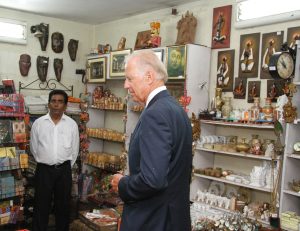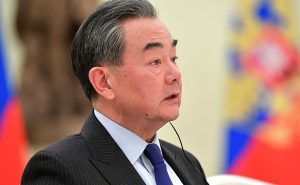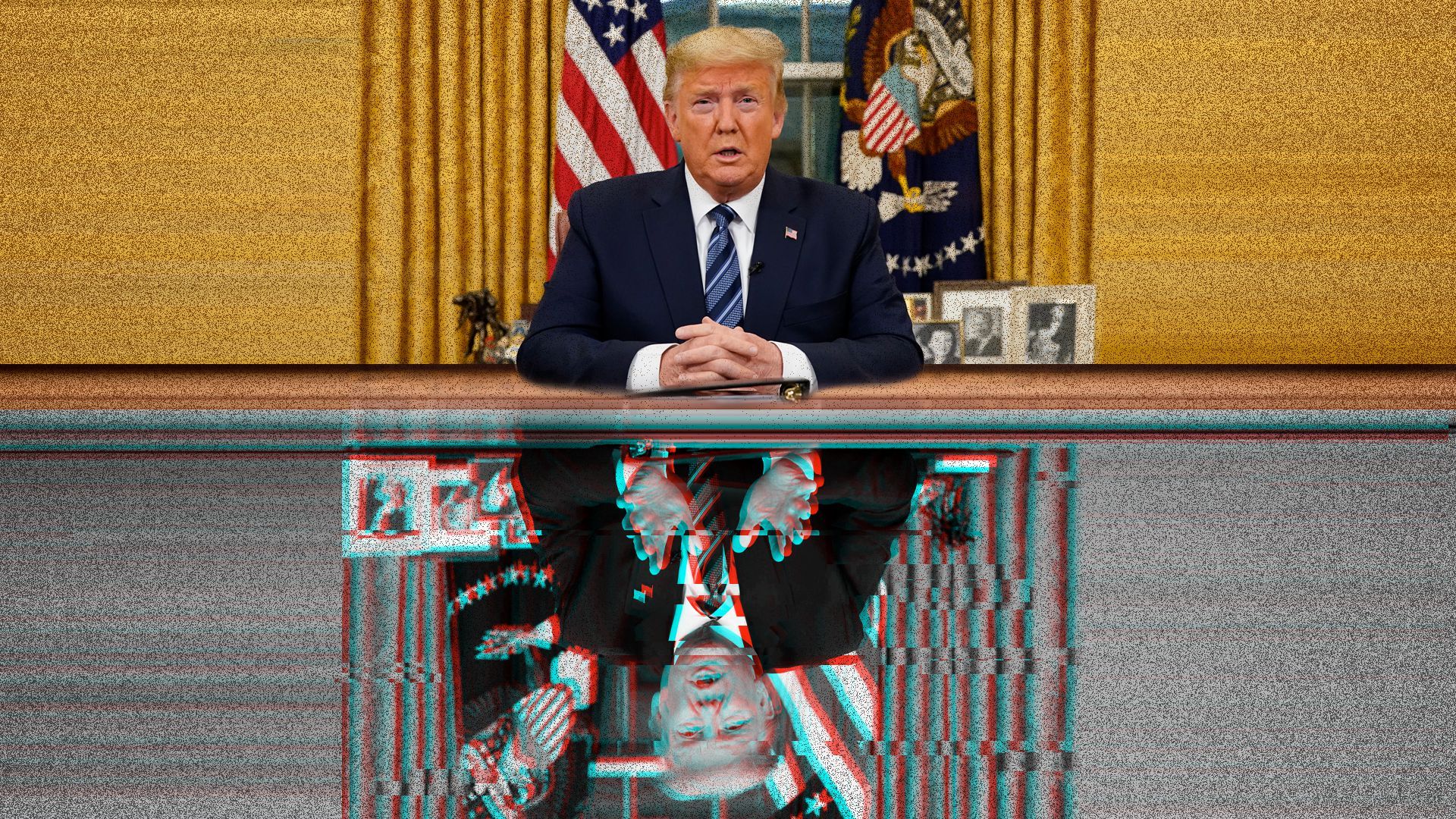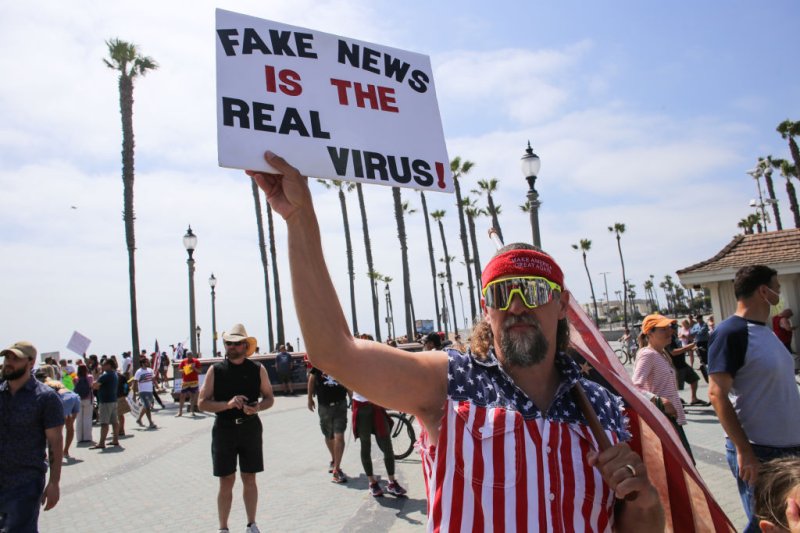By Rajeswari Pillai Rajagopalan

Bangladesh has expressed interest in joining the India-Myanmar-Thailand trilateral highway project. Bangladesh made the overture at the recent virtual India-Bangladesh summit between Indian Prime Minister Narendra Modi and Bangladeshi Prime Minister Sheikh Hasina in December 2020. For both trade and strategic reasons, creating connectivity can be beneficial to both India and Bangladesh, but it’s yet to be seen how the post-COVID-19 economy will affect the implementation of such investments.
Regional connectivity was one of the key themes discussed at the bilateral summit. The two leaders reviewed a number of connectivity projects, including a trial run of trans-shipment of Indian goods from Kolkata to Agartala via Chattogram and operationalization of the Sonamura-Daudkandi Protocol route under the Protocol on Inland Water Transit and Trade (PIWTT). The two leaders also decided to expedite the operationalization of transporting Indian goods through Chattogram and Mongla ports in Bangladesh. Also at the meeting, India sought connectivity between the border districts of Hilli in the Indian state of West Bengal and Mahendraganj in the Indian state of Meghalaya through transit over Bangladeshi territory.

















